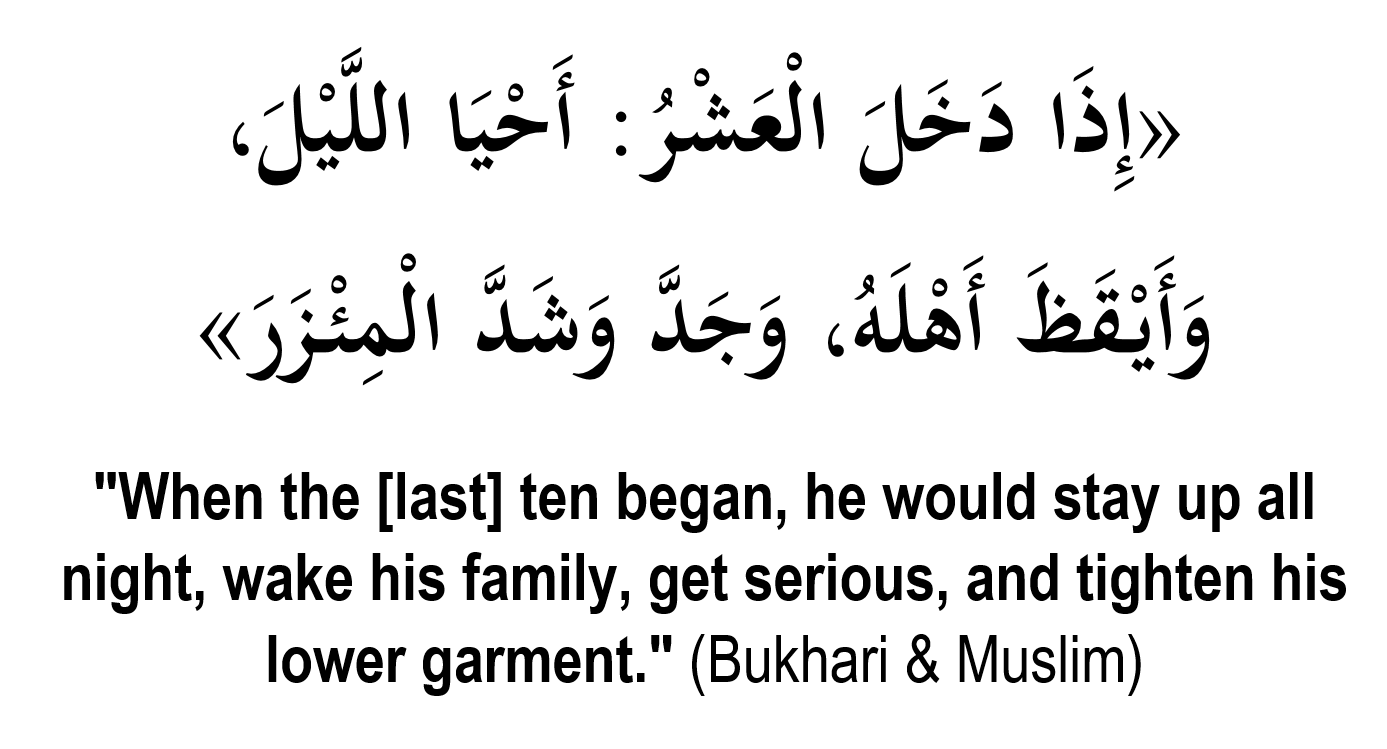In the Name of Allah, the Most Gracious, the Ever Merciful…
يوجد بعض من الناس لدينا وخاصة كبار السن في عيد الأضحى المبارك يعملون الأعمال الآتية:
يحضرون الأضحية، ويقفون حولها كالعائلة جمعيا، وهم أهل البيت والرجل قبل أن يبدأ بالذبح، يقرأ الفاتحة، ثم آية الكرسي، وكذلك المعوذتين، والإخلاص مع ذكر الاستفتاح، مثل قول: وجهت وجهي لله رب العالمين إلى آخره، ويجعل الرجل يده على ظهر الذبيحة، ويمد بها من عند الرقبة إلى آخر الظهر، ثم بعد ذلك يقوم بذبحها بعد هذا الفعل، وإن بعضا منهم إذا لم يحضر ذبح الأضحية يقوم بذبح أضحية غيرها، وهم أهل البيت؛ لأنه يقول يلزمه حضور الذبح، لذا أرجو من الله ثم من فضيلتكم البيان لهم بالطريقة الصحيحة لمن يفعل هذا…
QUESTION: Some people in our area, specifically some of the elders, do the following things during the blessed ‘Eed al-Adha:
They bring the sacrificial animal, and they stand around it all together as a family. They are the members of one household. Before the head of household slaughters, he recites al-Faatihah, and then Aayat al-Kursee, and then the last three Soorahs, along with an opening prayer, like: “I turn my face unto Allah, the Lord of all things…” The man then places his open hand on the back of the animal, wiping it from its neck down to the tailbone. Only at this point does he carry out the slaughter. If some of the family members did not attend at the time of the slaughtering of the Udhiyah, he would then carry out a separate Udhiyah for them, whilst they are all members of the same household. This is because he says they are required to attend the actual slaughtering.
I hope firstly from Allah, and then from your distinguished selves, that you would clarify for them the correct manner of doing this (Udhiyah Sacrifice)…
ANSWER by the Permanent Committee for Religious Verdicts, headed by Shaykh ‘Abdul-‘Azeez Aal Shaykh (may Allah have Mercy on him):
هذا العمل الذي تعملونه عند ذبحكم للأضحية من وقوفكم عندها، وقراءتكم لآية الكرسي والسور المذكورة، وأن من لا يحضر لا يشترك في ثواب الأضحية، بل لا بد أن يذبح أضحية غيرها، كل هذا لا أصل له، وهو عمل مبتدع يجب عليكم تركه والتنبيه على أنه لا يجوز، وثواب الأضحية إذا كانت تبرعا يتناول كل من نوي فيها، ولو لم يحضر لقول النبي صلى الله عليه وسلم : إنما الأعمال بالنيات وإنما لكل امرئ ما نوى.
These things you are doing when you slaughter your Udhiyah Sacrifice:
- Standing together around it
- Reciting Aayat al-Kursee and the other Soorahs mentioned
- Believing that anyone who did not attend cannot share in the reward of the Udhiyah Sacrifice
- That a separate Udhiyah needs done for those who were absent
All of these things are baseless. These are innovated practices which you must cease doing and advise others that they are not permissible. The reward for the Udhiyah Sacrifice, when done voluntarily, includes all of those who were intended, whether or not they attended the actual slaughter in person, due to the statement of the Prophet -may Allah raise his rank and grant him peace-, [which means] “Actions are but by their intentions, and each person shall only have what he intended.” [1]
وبالله التوفيق وصلى الله على نبينا محمد وآله وصحبه وسلم.
And through Allah Alone is all success. May Allah raise the rank of our Prophet Muhammad, and that of his family and companions, and may He grant them all peace.
SOURCE: Fataawaa al-Lajnah ad-Daa’imah (10/440-441 of the second compilation), translated by Moosaa Richardson.
FOOTNOTES by the Translator:
[1] Collected by al-Bukhaaree and Muslim, from the report of ‘Umar (may Allah be pleased with him).

